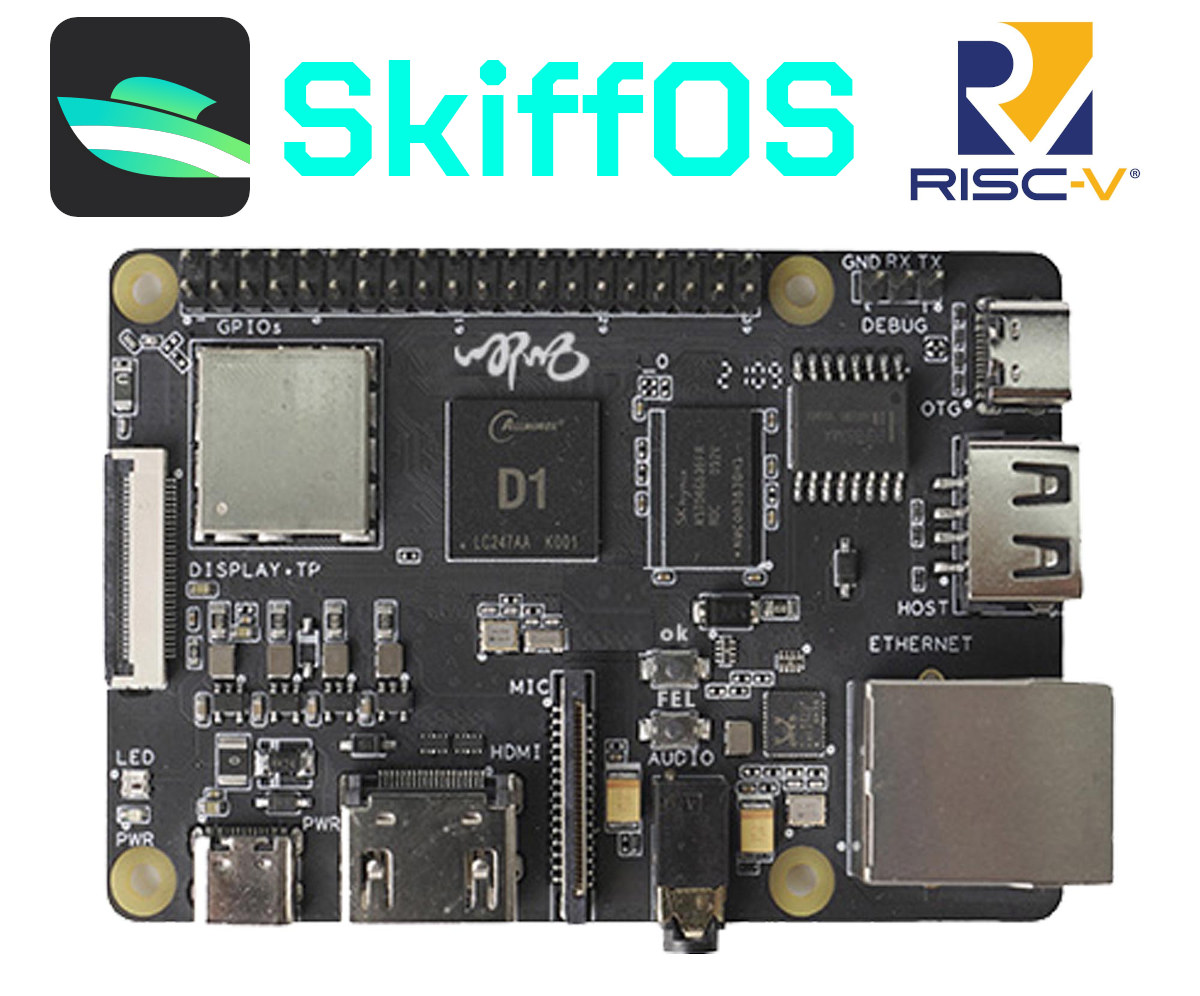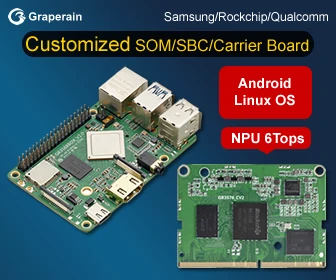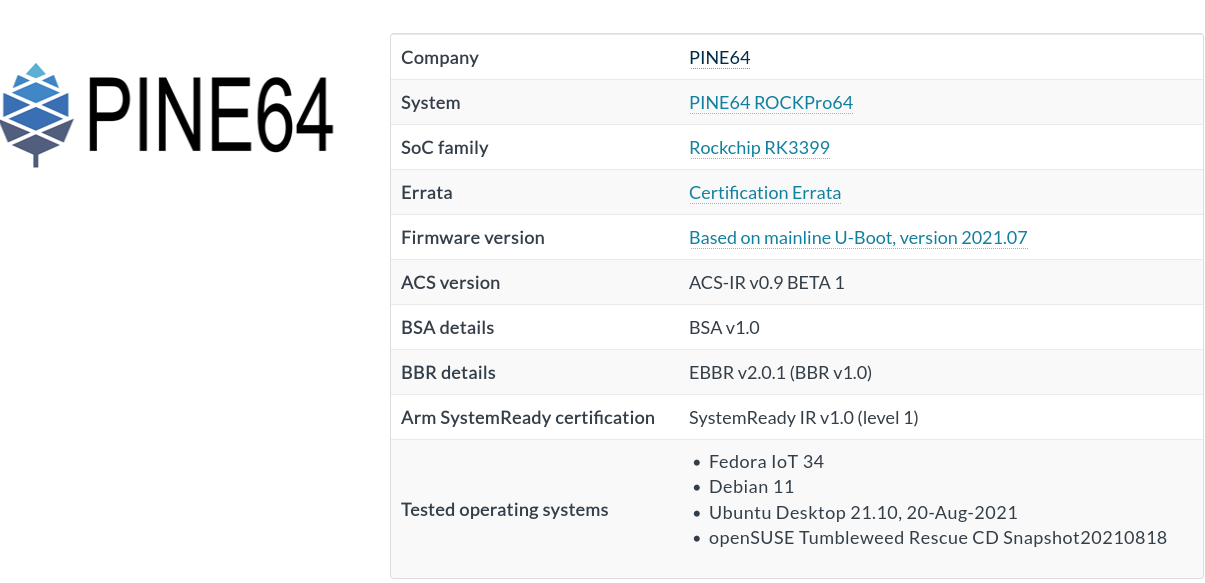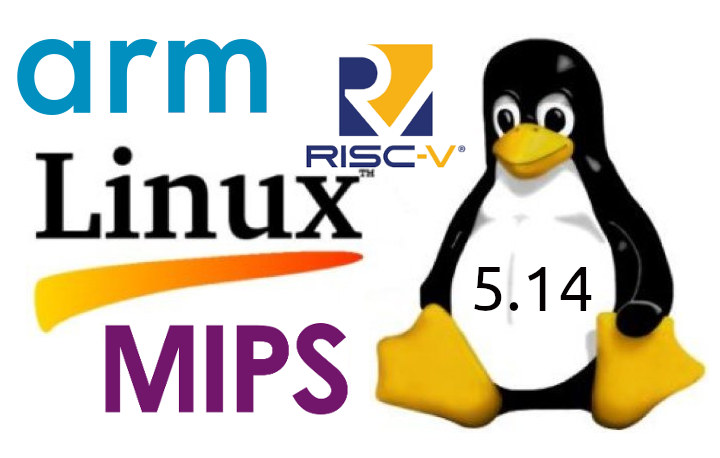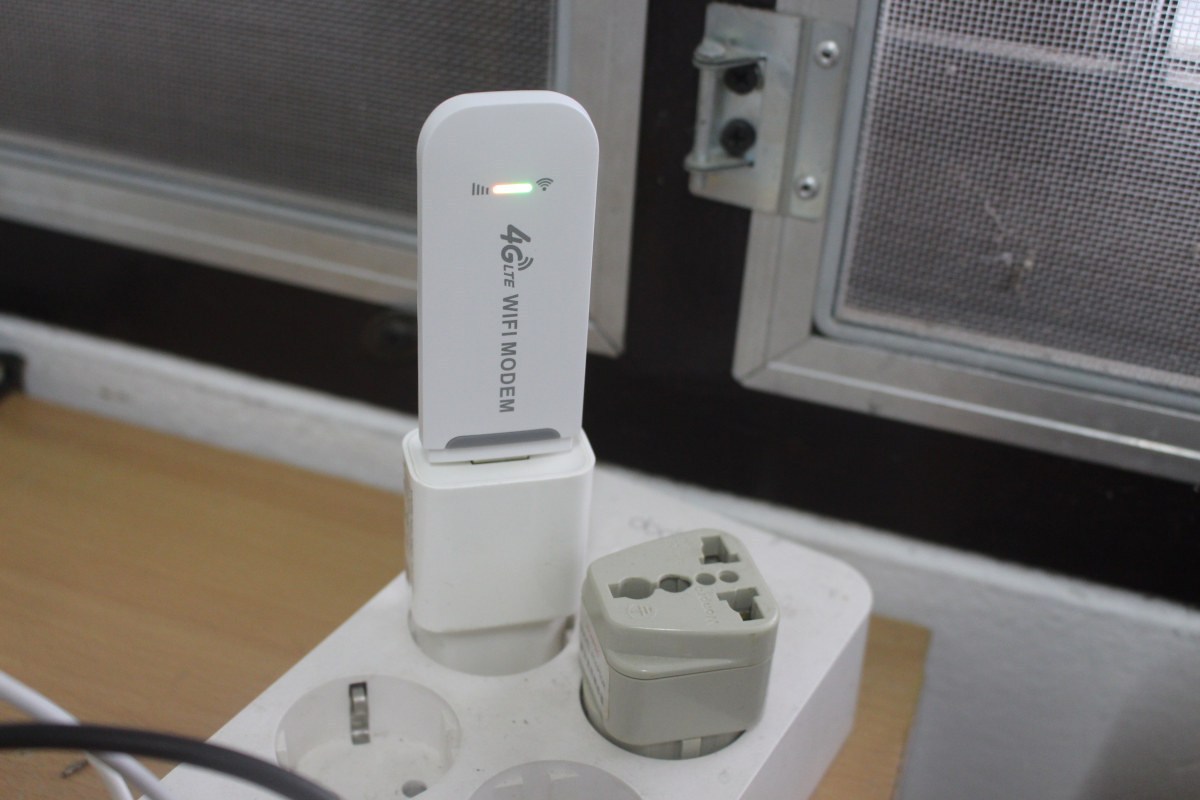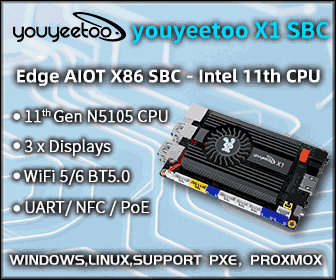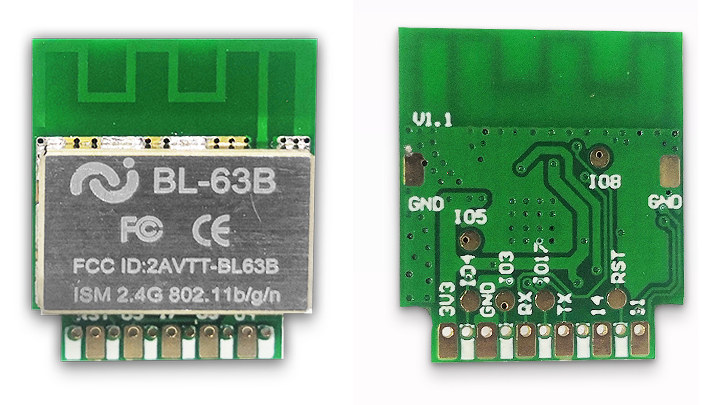SkiffOS minimal Linux for embedded containers now supports Sipeed Nezha RISC-V board
SkiffOS minimal Cross-compiled Linux for embedded containers has just added support for Sipeed Nezha RISC-V single board computer, and work on the smaller Sipeed Lichee RV board has started. Wait… What is SkiffOS? I’ve never heard about it… That’s how the abstract from the white paper describes it: Embedded Linux processors are increasingly used for real-time computing tasks such as robotics and Internet of Things (IoT). These applications require robust and reproducible behavior from the host OS, commonly achieved through immutable firmware stored in read-only memory. SkiffOS addresses these requirements with a minimal cross-compiled GNU/Linux system optimized for hosting containerized distributions and applications, and a configuration layering system for the Buildroot embedded cross-compiler tool which automatically re-targets system configurations to any platform or device. This approach cleanly separates the hardware support from the applications. The host system and containers are independently upgraded and backed-up over-the-air (OTA). In other words, that’s […]


